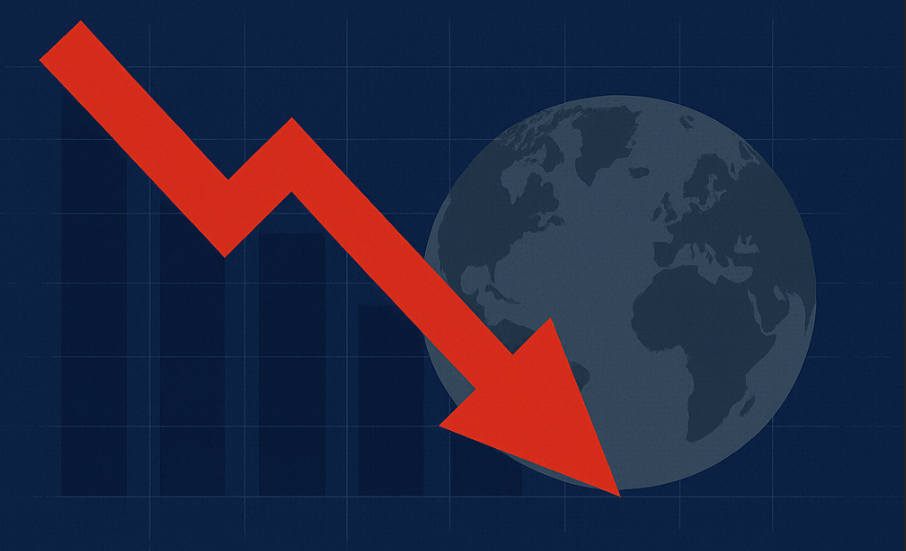The new IRIS Network report captures a context of widespread uncertainty, with signs of recession and declining consumption in many countries.
The IRIS Network's Global Public Confidence Study 2024 gathered the opinions of over 14,000 citizens in 21 countries, providing a comprehensive overview of the state of global economic confidence.
The results highlight widespread pessimism, with 76% of the countries analyzed believing their national economy is going in the wrong direction.
Only a few exceptions—Panama, Switzerland, and Indonesia—maintain positive sentiment.
Nearly one in two people (48%) believe their country has already entered a recession, and over half (51%) expect further weakening in the coming months.
The crisis of confidence directly affects families: in all countries involved, at least 50% say they are experiencing greater economic difficulties than in the previous year.
This translates into significant cuts in consumption:
- 72% are spending less on clothing,
- 71% are reducing restaurant visits,
- 49% are also saving on food.
The health and charitable sectors are also affected by the situation: almost half (46%) are donating less to charity, while over a quarter have had to postpone or forgo medical care.
The report's message is clear: global economic confidence is at a critical level, and the slowdown in consumption is becoming a structural rather than cyclical signal.
For institutions and businesses, understanding and responding to this scenario means rethinking communication, trust, and value strategies in a world that demands security and prospects.














